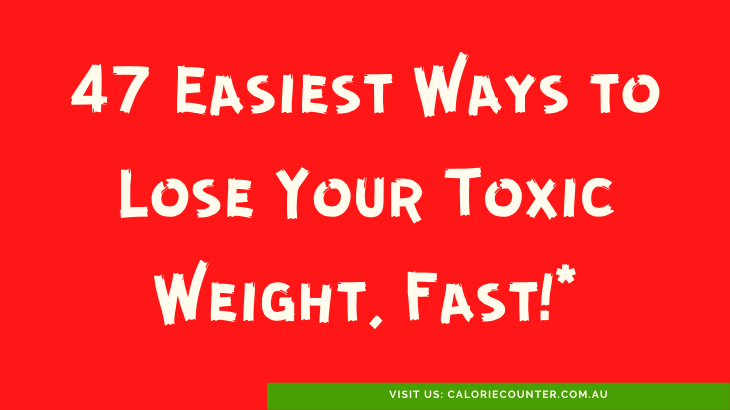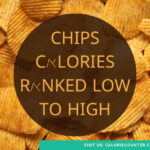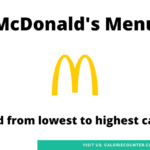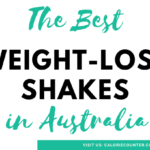Snacks. For some, just hearing the word brings an emptiness to the stomach and water to the mouth. For others, the word means joy and guilt and yum and regret.
Snacks are special because they are just for you, unless you want to share, and when you do it is meaningful and kind of intimate.
They are also usually small and sweet, or crunchy and salty, small and crunchy or soft and moist.
Small so that you can hold one in your fingers and put it in your mouth, the way your ancient ancestors ate berries and beetles when they went out walking.
Okay, so if we are going to eat snacks, let’s make sure that they are nutritious and satisfyingly small, sweet or salty. Here are ten good options:
- Pistachios in their shells: Go sparingly with these because they are calorie dense! With 607 calories per 100g, they will quickly tip you over your daily limit if you regularly eat more than a handful at a time. That noted, pistachios are good for you, with lots of vitamin B, protein, monounsaturated fats and vegetable fibre. We said to keep them in-shell until you eat them because it takes work to open them. When you open one, then chew it as you open another, you are giving your stomach time to send the right signals to your brain. You also get the visual cue of seeing a pile of cute empty shells as you work through your handful. You will eat fewer of them and feel more satisfied, and the shells make excellent raw material for your compost heap.
- Dark chocolate: The definition of dark chocolate is that it must contain at least 60% of pure cocoa. You have probably tried it once or twice and been put off by the bitterness. Give it another go; it usually takes a few attempts to enjoy it before you acquire the taste. If you do take the time and “effort” to learn about the nuanced flavour notes (connoisseurs use words like “woody” and “fruity” and “apricots and butter”), you will open yourself up to the benefits of polyphenol antioxidants which may have a significant positive impact on your metabolism.
- Frozen Greek yoghurt: Buy a tub of Greek Yoghurt, spoon a small bowl out then blend the rest with a hand-held blender until it looks well aerated. Now put the fluffy blended yoghurt in the freezer. Eat some when you want something cold, knowing that you are tucking into a frosty treat which packs up to twice as much protein as the average ice-cream. Most of the probiotic bacteria do not survive the freezing process so don’t expect the frozen yoghurt to keep you regular.
- Single-serve tin of salmon: Salmon is a wonderfully nutritious “superfood” which makes an excellent afternoon snack. You can get the tiny single-serve tin which opens with a tug to reveal something ready to spread onto one or two rice crackers. A few salty crunchy bites later, you will have added Omega-3 fats, zinc, iodine, protein and a whole lot of satisfaction to your diet!
- Popcorn!: Popcorn is a whole grain which packs a big nutritious punch with each fluffy, crunchy kernel. 100g of popcorn contains 51% of all the fibre you need in your day, and comes loaded with good amounts of Thiamine, Folate, Vitamin B6, Niacin, Manganese, Magnesium. Phosphorous and Zinc. Like dark chocolate, it also contains large amounts of polyphenolic compounds which eliminate free radicals from the body. Perhaps best of all, popcorn is a high volume, low weight snack. That means you do a whole lot of eating for a small amount of food. Eating a bag of popcorn will take enough time for your stomach to send satisfaction signals to your brain, which makes it hard to overeat. But stay away from those microwavable popcorn bags that come pre-flavoured with all sorts of nasty preservatives and artificial colours. Read the package, it should say “Whole corn kernels” and nothing else!
Hopefully, the above list contains one or two things that you might not have considered for your snacking regimen. Stay away from confectionery bars, doughnuts, and re-formed potato chips, there are many healthier alternatives! Here’s a list of low-calorie snacks from Woolworths!









